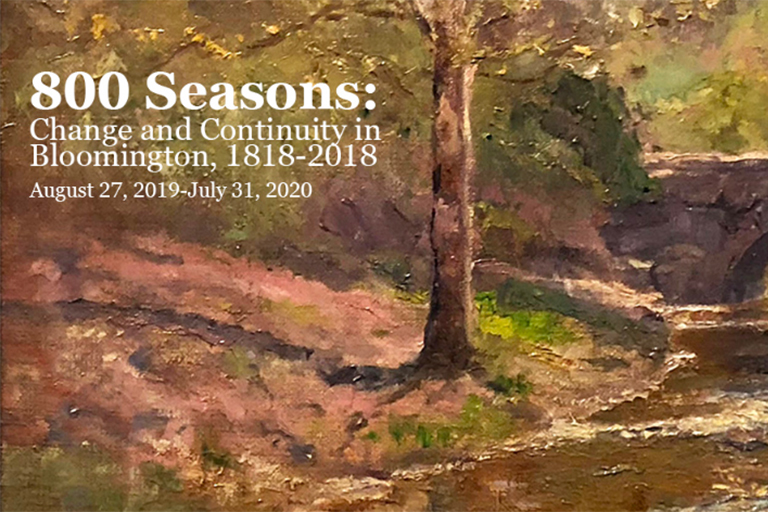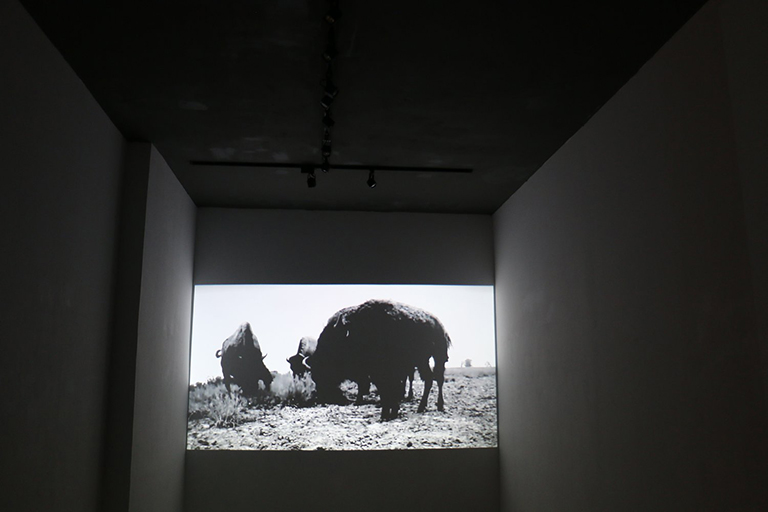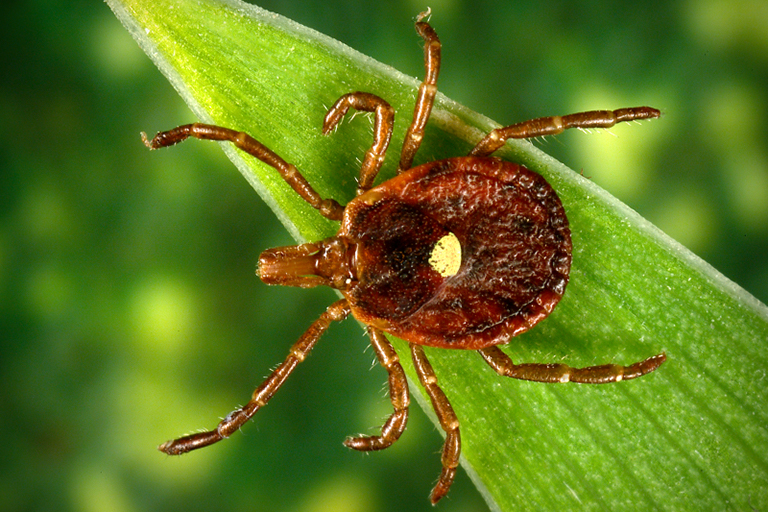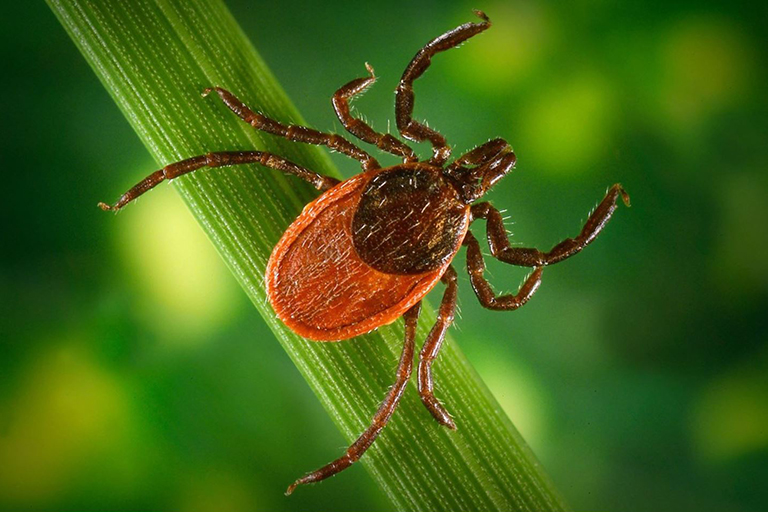The ERI Explainer poses questions on environmental change and resilience to IU experts. Got a question for the Explainer? Send an email to eri@iu.edu with “Explainer” in the subject line.
Answers from the experts

How does racism impede progress toward addressing climate change?
Systemic racism and climate change may seem like two unrelated issues, but, according to ERI Research Fellow Elizabeth Grennan Browning, an environmental historian, “the first step to addressing climate change requires addressing systemic racism.”
Read about racism and climate change
Can solar geoengineering give us more time to solve climate change?
The struggle to wean the global economy off fossil fuels has spurred research into stop-gap measures to stave off the worst effects of climate change. IU Assistant Professor Ben Kravitz discusses where the science currently stands.
Read about solar engineering
What can Bloomington's past tell us about our relationship to the environment?
When the first white settlers traveled west to present-day Bloomington, they found a hilly, wooded terrain with minimal prospects for settlement. Using oral histories, images, and artifacts, IU History Professor Eric Sandweiss tells the city's story.
Read about 800 Seasons
How can art serve as an entry point to environmental awareness?
Western culture has long driven an intellectual wedge between humanity and the natural environment. ERI Fellow Maria Whiteman uses art to tell stories about the interconnectedness of all living organisms and the oftentimes brutal disruption that human activity brings to natural relationships.
Read about environmental art
Who is at risk of contracting a tick-borne disease?
A confluence of factors, including warmer year-round temperatures in the Midwest, have put ticks and humans into contact more frequently and increased people’s risk of contracting tick-borne diseases such as Lyme Disease. IU Assistant Professor Karo Omodior talks about the risks ticks present to Hoosiers and where people are likely to cross paths with them.
Read about tick-borne diseases
Is climate change making Indiana more welcoming to ticks?
In recent years, public health agencies in Indiana have reported an uptick in the number of tick-borne diseases contracted by Hoosiers. IU Assistant Professor Karo Omodior discusses why this might be and what people can do to lower the chances of contracting a tick-borne disease.
Read about climate change and ticks
How can Hoosiers feel more comfortable talking about climate change?
National surveys have shown that people significantly underestimate the percentage of Americans who believe climate change is happening. IU Assistant Professor Nathaniel Gieger discusses why this misperception persists and how to overcome it.
Read about climate conversations
Do climate protests actually make a difference?
Do climate protests help or hinder the movement to address climate change? IU Assistant Professor Nathaniel Geiger has studied the public perception of recent climate protests and discusses whether these public demonstrations are effective.
Read about climate protests

